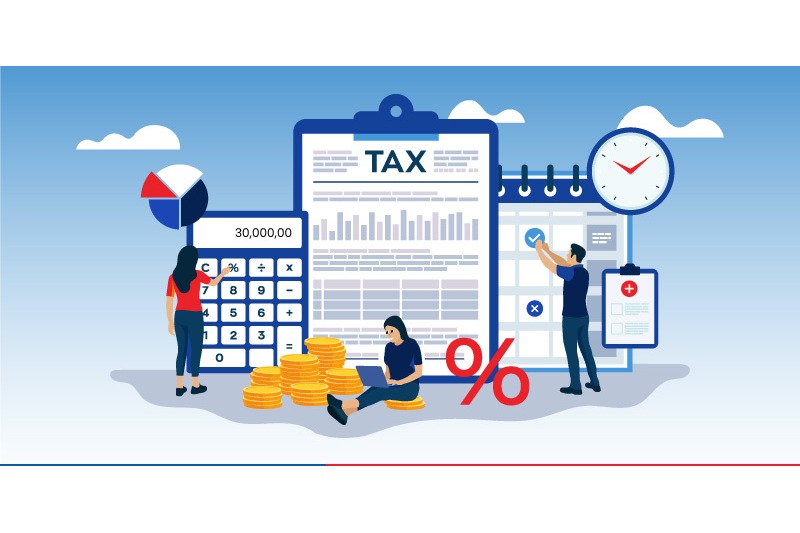Business
You Can Increase Your Income Tax Savings and Investment Quality By Using This Technique

When the financial year 2023–24 draws to an end on March 31, individuals need to be looking into ways to minimize their tax obligations. Tax loss harvesting is one tactic that astute investors can employ to increase tax savings and boost portfolio performance overall.
What Is Harvesting Tax Losses?
Selling investments that have lost money in order to offset gains made elsewhere in the portfolio is known as tax loss harvesting.
Taxpayers can lessen their overall tax burden by realizing losses, which will lessen their capital gains tax liability.
In particular, investors with taxable investment accounts should be aware of this process.
How Does It Operate?
Investors who wish to identify investments that have lost value might do so by analyzing their portfolios.
Investors can deliberately sell these underperforming investments once losses have been discovered.
The tax consequences of successful investments might be reduced by using the realized losses to offset capital gains realized in other parts of the portfolio.
For instance, an investor will have to pay ₹15,000 in taxes if they made a ₹1 lakh short-term capital gain this year. The short-term capital gain net would drop to ₹40,000 if the same individual sold equities that had an unrealized loss of ₹60,000.
Consequently, the investor would only be required to pay ₹6,000 in taxes—that is, 15% of ₹40,000. The investor would harvest losses and save ₹9,000 in taxes as a result of the entire procedure.
Advantages For Taxpayers
Taxpayers can optimize their tax liabilities and reduce their overall tax cost by controlling their earnings and losses.
Harvesting tax losses offers a chance to assess and improve investment portfolios.
You can carry over unused losses to reduce future capital gains.
Vital Factors To Take Into Account
The wash sale rule, which forbids repurchasing a substantially similar security within 30 days of the sale, is something that investors should be aware of.
Breaking this regulation could render the loss’s tax advantages void.
To make sure that tax loss harvesting fits with their overall financial strategy and goals, investors should speak with financial counselors or tax experts.
-

 Gadget4 weeks ago
Gadget4 weeks agoAfter Grand Success on BLDC Ceiling Fan, Eff4 Is Launching Smart Bulb
-

 Festivals & Events4 weeks ago
Festivals & Events4 weeks agoGoogle Celebrates Cherry Blossom Season with Animated Doodle
-

 Business2 weeks ago
Business2 weeks agoPrakash and Kamal Hinduja: Driving Social and Environmental Change
-
Education3 weeks ago
Fred DuVal: University Leadership as a Critical Resource for Climate Change Research and Life-Saving Solutions
-

 Health2 weeks ago
Health2 weeks agoThe Hinduja Brothers Commitment to Global Health: Empowering Communities Across Borders
-

 Cryptocurrency3 weeks ago
Cryptocurrency3 weeks agoDesigned For The Masses: How Akasha (AK1111) Is Unlocking Crypto For The Next Billion Users
-

 Cryptocurrency3 weeks ago
Cryptocurrency3 weeks agoNexaglobal & Future World Token (FWT): Could This Be the Next Big Crypto Investment of 2025?
-

 Sports4 weeks ago
Sports4 weeks agoWomen’s NCAA Tournament 2025 Sweet 16: Full Schedule, Fixtures, Teams, Bracket, and How to Watch March Madness Basketball Match Live























